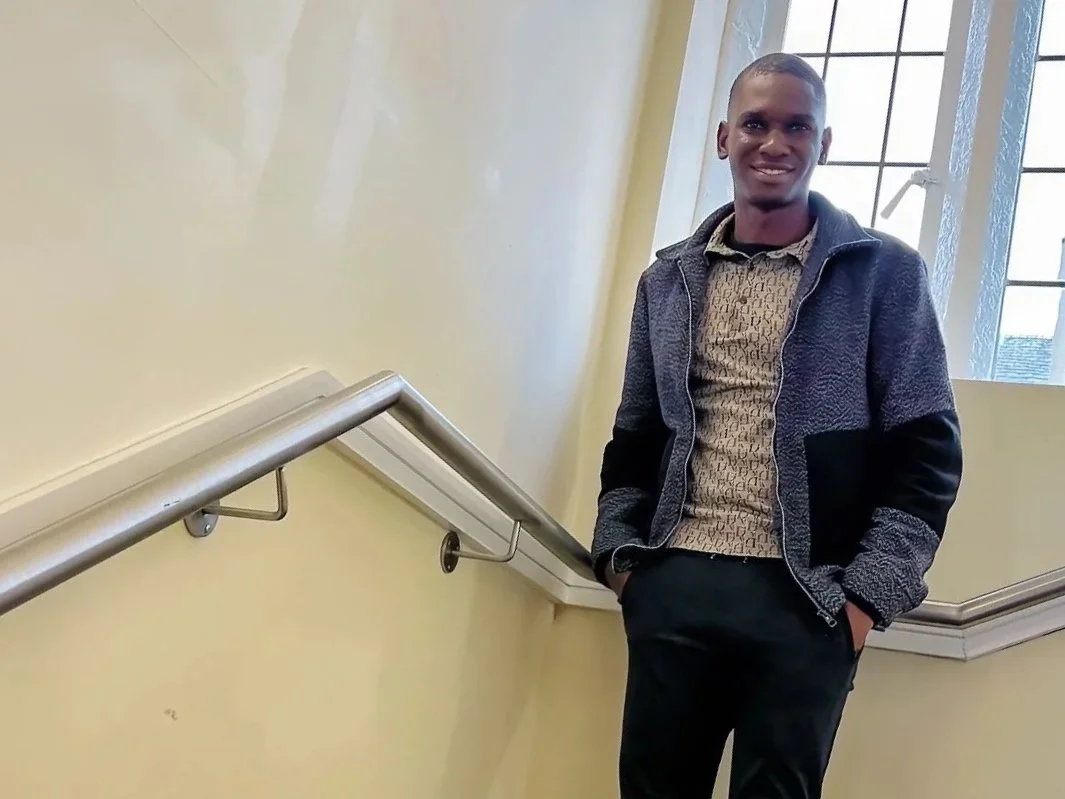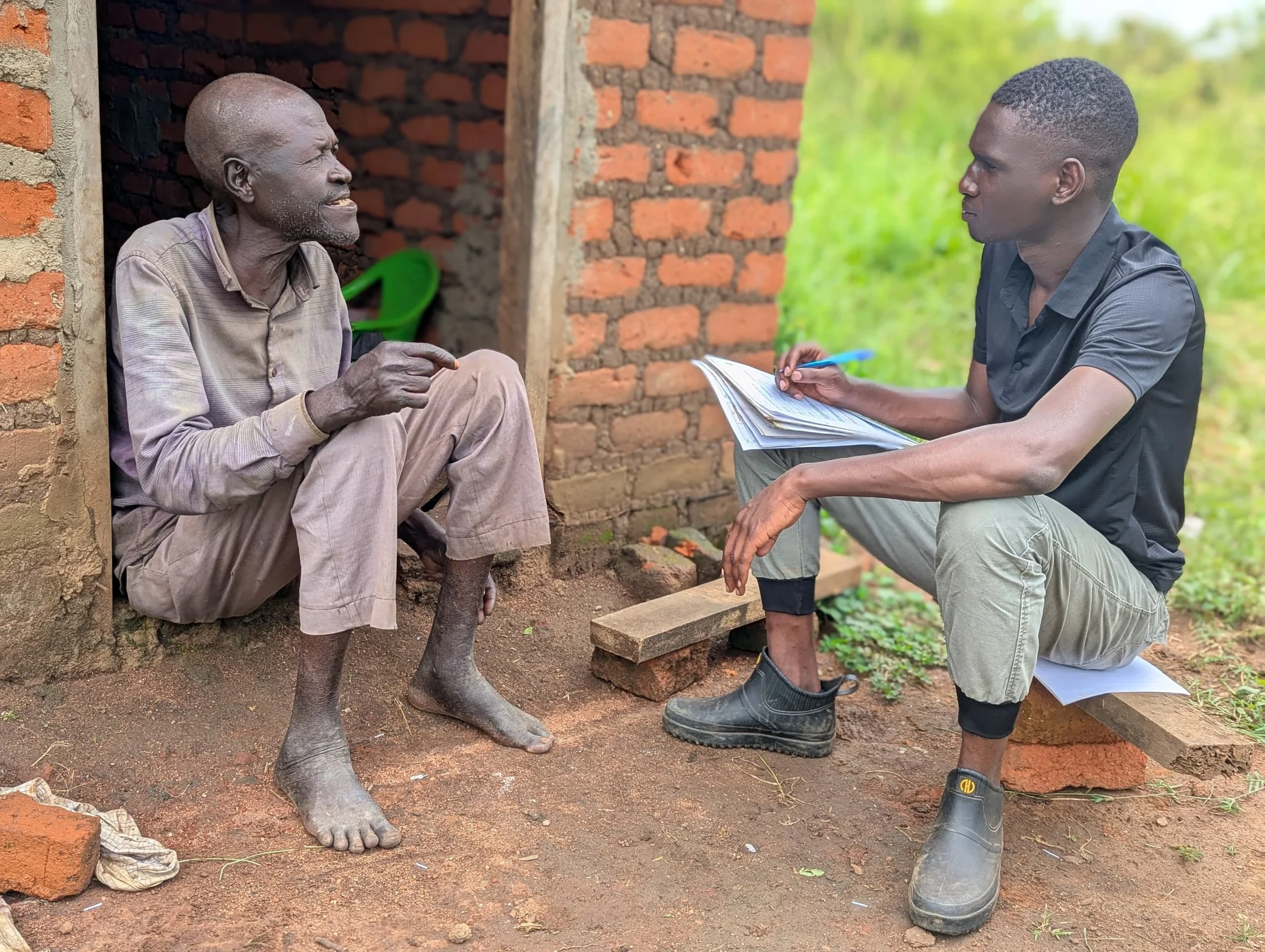Scholarship Story: “More people should study abroad - it could change how we all relate”
Tommy Ocen, 26, pursued his MSc in Agroforestry and Food Security at Bangor University, Wales.
Hi Tommy! Tell us a little about yourself.
I grew up in a rural community in northern Uganda, where my parents were — and still are — peasant farmers. I was the last of 10 children, and my family struggled to afford three meals a day. They would often skip meals themselves so that my nine siblings and I could eat.
My firsthand experience of how poverty, ineffective policies, and institutional structures disproportionately affect the most vulnerable people — exacerbated by climate issues — motivated me to pursue further studies. I pursued my Bachelor's in Agriculture and Rural Innovation at Makerere University. One day, while I was on Facebook, I saw that a friend of mine had gone to the UK to study for his Master's on a Commonwealth Scholarship. I began researching this, which led me to WTI.
What did you decide to study through the WTI scholarship?
I started my MSc in Agroforestry and Food Security at Bangor University in September 2024. I aim to utilise a systems-thinking approach to tackle complex and dynamic interrelated challenges, such as poverty, food insecurity, and poor livelihoods, as well as mitigate climate-related issues.
Uganda is currently pursuing a 'Vision 2040' agenda, aimed at transforming our current peasant economy into a middle-class one within 15 years. That sounds good, but it comes with a lot of issues concerning the environment. According to the Uganda Bureau of Statistics, more forest land is being converted into agriculture, despite increases in food insecurity in the country. They're trying to address that insecurity by improving systems like seed technologies, but it's not just about increasing productivity — we need to think about sustainability as well. That's where agroforestry comes in: trees help develop a resilient food security system by improving soil health and biodiversity, and by providing food and income.
My dissertation in particular evaluated the impact on rural livelihoods of the Parish Development Model, which is a government intervention to bring services and resources closer to the community using the parish (grassroots level) for implementation. The idea is to transform farmers from a subsistence economy into a market-based one, but my research shows the model needs to address systemic governance issues and integrate food security strategies. It’s important to use evidence-based decision-making in fostering change when looking at how best to alleviate long-standing deprivation in rural communities.
Tommy (right) in June 2025, conducting field research in Pawaja Parish, northern Uganda, for his Bangor University dissertation.
What are your goals after you graduate?
I aim to become a Sustainable Rural Development Specialist and a Systems Scientist, leading evidence-based policy and research to enhance rural livelihood transformation, resilience, and sustainability in Uganda. Having grown up in a subsistence community, I genuinely understand the challenges faced by rural communities and what it means to come from a humble family; therefore, addressing the marginalisation of the most vulnerable in rural areas remains central to my ambitions.
How has this scholarship impacted you personally?
I've learned so much in just one year. The focus at Bangor in looking at things from different perspectives and applying that to understand real-world issues, is what has really stood out for me. And how to socialise: respecting people's ideas and being positive even when you're critiquing someone's work or concept. I feel it's a good way of bringing people together and relating to one another.
I would recommend this scholarship to others, because what I've learned in this one year, I feel that more people could benefit from the same opportunity. The more people we get understanding from different perspectives, the better the capacity of future generations to bring inclusive development in our own countries.


